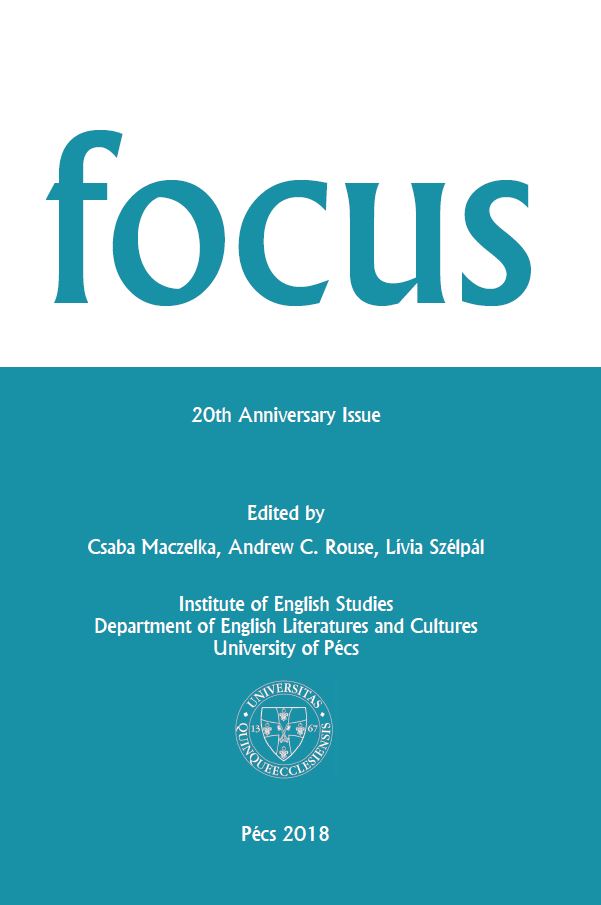Miller in Focus: New Perspectives in Hungarian Miller Studies
Mária Kurdi, ed. Arthur Miller öröksége: Centenáriumi írások műveiről [The Legacy of Arthur Miller: Centennial Writings about His Works]. AMERICANA eBOOKS, University of Szeged, 2015. ISBN: 978-615-5423-18-5 (.mobi); 978-615-5423- 19-2 (.epub); 978-615-5423-20-8 (PoD)
DOI:
https://doi.org/10.15170/Focus.11.2018.10.139-143Abstract
October 17, 2015, marked the centenary of Arthur Miller’s birth. Arthur Miller (1915-2005) is considered to be one of the greatest American playwrights, whose work served to define the moral, social and political realities of the contemporary U.S. (Bigsby 1). His plays continue to be popular among readers and audiences across the world, and he remains a defining voice in American literature. Miller dramatized his social conscience into political action by bringing together the public and the personal in his writings. Among the central points of his plays are issues of personal responsibility, the human psyche in the complexity of family relationships, class and race relations, the failure of the American Dream, and the burden of the past disclosed in the present. Miller believed that one of the purposes of contemporary theatre was to face the past and to manifest repressed memories (Bollobás 556). Besides his writings, his legacy also includes his public activities. He always believed in civil liberties, the rights of artists, the freedom of speech, and expression of one’s views. Moreover, he was committed to progressive causes and democratic rights. His oeuvre was shaped by the major events of his lifetime—the Depression, World War II, McCarthyism and the Cold War, the Civil Rights Movement of the 1960s, and the Cold War anxieties of the Reagan era (Dreier). Miller valued his public responsibility as an active citizen and an advocate of human rights, therefore he set an example with his ardent resistance to the House Un-American Activities Committee of the 1950s and his open rejection of the Vietnam War (Dreier). Moreover, he took the position of president of PEN International1 (1965-69), an organization representing writers, and, he was dedicated to its principles by leading the organization into what he called “the conscience of the world writing community” (Dreier).
Downloads
Published
How to Cite
Issue
Section
License

This work is licensed under a Creative Commons Attribution-NonCommercial-NoDerivatives 4.0 International License.
FOCUS: Papers in English Literary and Cultural Studies follows the principles laid down by Creative Commons, which provides guarantees for the Author’s copyright while also ensuring that intellectual properties are made available for the wider public in a digital form. All papers submitted to the journal apply the following licence conditions (indicated on the journal’s website as well as in individual publications):
“© This work is licensed under a Creative Commons Attribution-NonCommercial-NoDerivatives 4.0 International License.”
You are free to:
- Share, copy and redistribute the material included in the journal in any medium or format under the following terms:
- Attribution — You must give appropriate credit to the Author, and indicate the original place of publication [FOCUS: Papers in English Literary and Cultural Studies, Issue nr., page numbers.].
- NonCommercial — You may not use the material for commercial purposes.
- NoDerivatives — You are not allowed to remix, transform, or build upon the material.
- The above conditions must always be indicated if the journal material is distributed in any form.
- The above conditions must always be met, unless a written permission signed by the Author and the Editor-in-Chief states otherwise.

